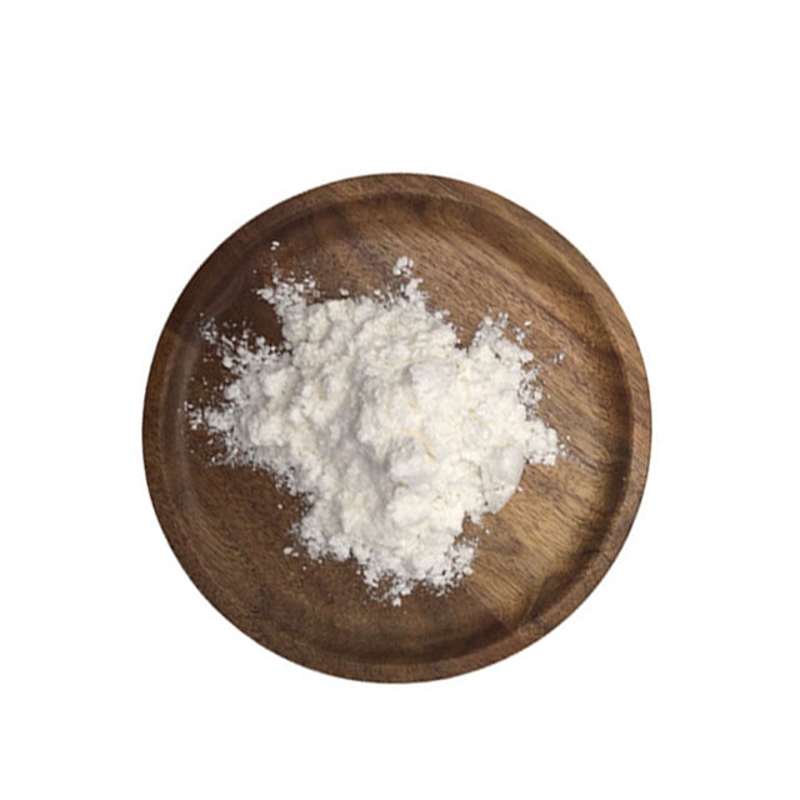-
Categories
-
Pharmaceutical Intermediates
-
Active Pharmaceutical Ingredients
-
Food Additives
- Industrial Coatings
- Agrochemicals
- Dyes and Pigments
- Surfactant
- Flavors and Fragrances
- Chemical Reagents
- Catalyst and Auxiliary
- Natural Products
- Inorganic Chemistry
-
Organic Chemistry
-
Biochemical Engineering
- Analytical Chemistry
- Cosmetic Ingredient
-
Pharmaceutical Intermediates
Promotion
ECHEMI Mall
Wholesale
Weekly Price
Exhibition
News
-
Trade Service
Ursodeoxycholic acid can dissolve gallstones, but this drug is only effective for cholesterol stones, and has no effect on melanin stones and bile pigment stones
Ursodeoxycholic acid can dissolve gallstones, but this drug is only effective for cholesterol stones, and has no effect on melanin stones and bile pigment stones
This is a multicenter, double-blind, randomized, placebo-controlled trial involving patients with intact gallbladder who plan to undergo laparoscopic Roux-en-Y gastric bypass (RYGB) or sleeve gastrectomy
From January 11, 2017 to October 22, 2018, 985 patients were randomly assigned to receive ursodeoxycholic acid (n=492) or placebo (n=493)
This study confirmed that the prevention of ursodeoxycholic acid did not significantly reduce the incidence of symptomatic gallstone disease in all patients after bariatric surgery
This study confirmed that the prevention of ursodeoxycholic acid did not significantly reduce the incidence of symptomatic gallstone disease in all patients after bariatric surgery
SylkeHaal.
Ursodeoxycholic acid for the prevention of symptomatic gallstone disease after bariatric surgery (UPGRADE): a multicentre, double-blind, randomised, placebo-controlled superiority trial.
Leave a message here







